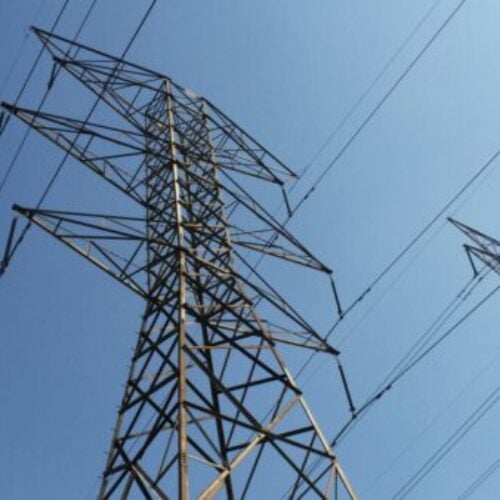As the election campaign heats up, a new YouGov poll commissioned by the Energy and Climate Intelligence Unit (ECIU) reveals a significant disconnect between MPs and the public regarding the UK’s energy security strategy.
The findings indicate that while most of the British public favours a shift towards renewable energy to secure the nation’s energy future, many MPs remain unconvinced, with a substantial number still advocating for fossil fuel exploration.
MPs reluctant to embrace renewables
The poll, conducted between 4 and 29 April 2024, surveyed 107 MPs and 2,153 UK adults. It found that nearly two-thirds (62%) of the public believe the UK should reduce fossil fuel usage and increase reliance on renewable energy. In contrast, only 48% of MPs think renewables offer more energy security than fossil fuels, with a notable divide along party lines.
Among Conservative MPs, 43% support increasing oil and gas supplies compared to just 28% favouring renewables. This discrepancy is significant as the UK grapples with the aftermath of two years of high energy bills and increasing pressure to address climate change.
The ramifications of this disconnect are profound. As Alasdair Johnstone from the ECIU points out: “Delays to offshore wind farms mean the UK could miss out on 22 times more homegrown electricity than could be generated by gas from new North Sea licences. Renewables can deliver much more energy security for the UK than North Sea gas which is running out. Many MPs appear to be informed more by parts of the Westminster bubble than the facts and are at odds with voters.
“Many MPs are also out of touch with just how popular solar and wind farms are among their constituents, maybe the result of a few shrill voices not representing the silent majority. One area where MPs and the public agree is the importance of reaching net zero emissions with more than two-thirds of voters and politicians backing the target.”
Accelerating the clean energy transition
The well-documented delays in offshore wind projects are a blocker to the UK’s net zero ambitions and the potential of renewables to enhance energy security, reduce carbon emissions, and realise the UK’s renewable energy targets.
However, the reluctance of MPs to fully embrace the general shift in opinion away from fossil fuels could hinder progress and innovation within the renewable energy sector, affecting everything from investment to public support and infrastructure development. Figures from the same ECIU report noted that, among voters who have withdrawn their support for the Conservative Party, 81% raised concerns about the party’s commitment to tackling climate change.
The ongoing debate about the UK’s energy strategy will likely intensify as the election approaches. The public’s strong backing for renewables, with 76% supporting local solar farms and 75% favouring onshore wind farms, suggests a robust mandate for policymakers to accelerate the transition to clean energy.
As highlighted in previous reports, such as the analysis by CBI Economics, the UK’s net zero economy, valued at £74 billion and growing at 9% annually, presents significant economic growth and job creation opportunities.






